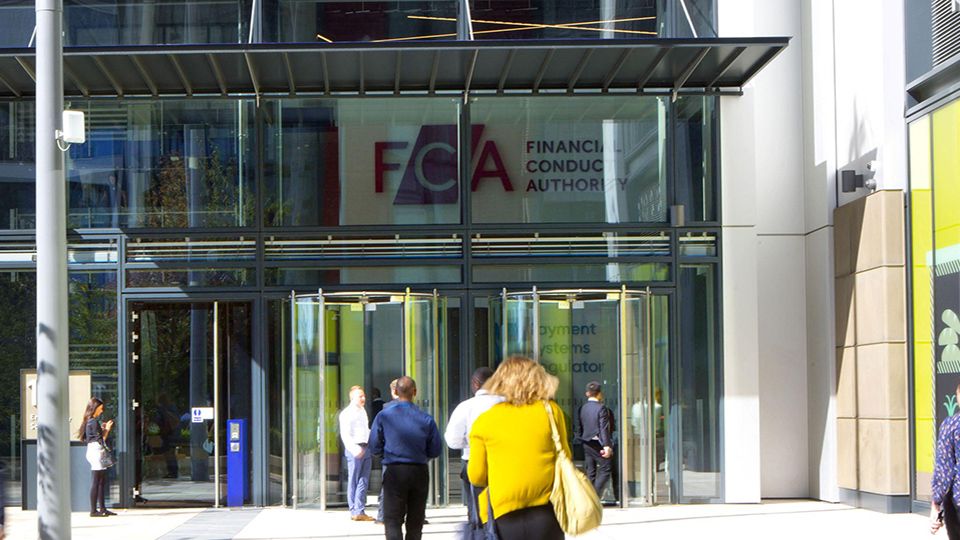The UK’s Financial Conduct Authority (FCA) has had a case filed against it by ClientEarth, which claims the financial regulator acted unlawfully in approving the prospectus of UK oil and gas company Ithaca Energy.
The non-profit, which earlier this month filed a claim against Shell directors for failing to manage the material and foreseeable risks posed to the company by climate change, said Ithaca Energy’s prospectus was approved despite the company’s disclosures failing to adequately describe the climate-related risks faced by the company and the FCA has therefore breached legal requirements.
Ithaca Energy, which listed on the London Stock Exchange in November last year, acknowledges that climate change presents risks to the oil and gas industry in its prospectus, but ClientEarth says it does not adequately explain how these risks affect the business specifically or how significant they are. This is despite the company updating its prospectus to contain more climate risk information after ClientEarth wrote twice to the FCA about it.
ClientEarth lawyers say the FCA’s failure to spot this omission is particularly problematic, given the conflict between the company’s intention to develop new fossil fuel assets intended to operate for decades to come – including in the Cambo and Rosebank oil and gas fields in the North Sea – and the consensus that developing new fossil fuel infrastructure is incompatible with the 1.5°C temperature goal set out in the Paris Agreement.
They have also said the lack of these risk disclosures means investors can’t get a meaningful indication of how Ithaca’s business and finances might be affected by full or even partial achievement of the Paris Agreement goal, depriving them of the information necessary to make an informed assessment of the company’s financial position.
“One of the financial regulator’s main duties is to protect investors,” said ClientEarth accountable finance lawyer Robert Clarke.
“A key way it does that is by ensuring companies that apply to list on the London Stock Exchange adequately disclose the risks associated with their activities, including climate-related risks, in the prospectus as required by law.
“The regulator’s failure sets up a situation where financial markets are working against climate change goals and obscuring long-term risk for investors. Full and transparent disclosure of climate-related risk enables investors to make informed financial decisions and is essential to ensuring that financial flows can shift to support net zero.”
ClientEarth lawyers have filed the claim as a judicial review case against the FCA – and it is now up to the High Court to decide whether to grant permission to bring the claim.
An FCA spokesperson said: “ClientEarth needs to obtain permission from the court before bringing this claim and the FCA intends to oppose permission being given in this case.”
The FCA has been particularly active in the sustainable finance space recently, after highlighting ESG as one of its supervisory priorities for the year. Most recently in a discussion paper earlier this month it asked the financial services industry for feedback on linking remuneration with sustainability outcomes. The regulator has also now received responses to its consultation on sustainable disclosures and fund labelling.
See also: – FCA sustainable fund label proposal nuances hammered out by industry
ClientEarth’s Clarke said: “We welcome the FCA’s recent moves to introduce new disclosure rules on climate but it’s absolutely vital that it applies and enforces existing rules too, especially during the listing process.”








